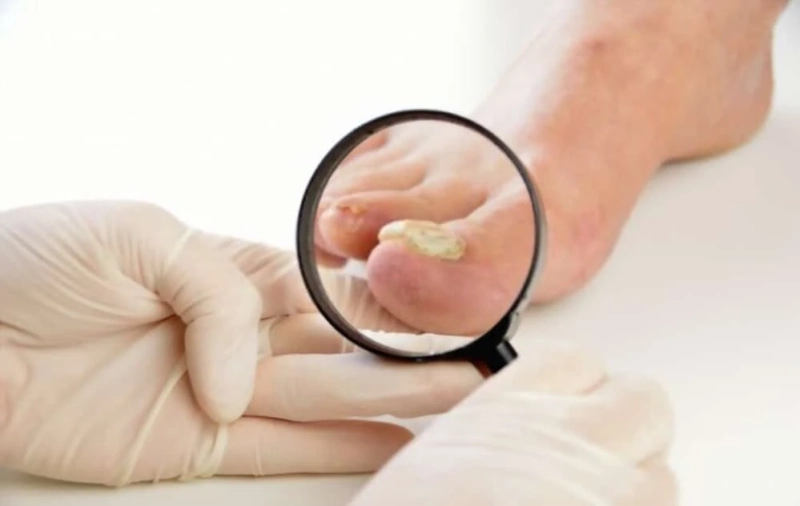The buildup of the cells on the toenails may cause thick toenails. Thick toenails are caused by various reasons, some of which are toenail fungus, psoriasis, advanced age, and injury, among others. Once you notice changes in the appearance of your toenails you need to visit our clinic. Our podiatrist will determine what causes the toenails to thicken in your case, help you understand the changes to your toenails, and offer toe fungus treatment Houston that includes toenail care. Ensure you have properly fitting shoes and practice foot hygiene to prevent thick toenails.
What causes toenails to thicken?
Age: As we age, the toenails naturally change in thickness. Research shows that the shoulder and hip flexibility changes. The changes make practicing good foot hygiene a challenge because it is hard to trim the toenails.
Fungus: It is the common cause of thick toenails. Diabetic and HIV patients are more at risk of toenail fungus infections. The podiatrist uses specific tests to diagnose toenail fungal infection but the treatment options vary with the most effective combination being oral antifungal medications and applying antifungal creams. This is usually monitored closely by the podiatrist with regular blood work to monitor and ensure safety.
Nail Psoriasis: It is a chronic autoimmune disease that will affect the skin causing inflamed and irritating patches of skin. For some patients, the disease spreads to the nails causing them to be brittle and thick. Psoriasis can also make the nails weak and they might fall off. Different treatments of the disease affect the nails. Your podiatrist is in a good position to determine the best treatment option.
Injury: Injury to the toenails can cause thickness to them and it can happen to anyone but athletes and runners are more prone. It is because of the repetitive trauma of the toenails hitting against the shoes.
How to treat thick toenails
Foot hygiene: Good foot hygiene will reduce the risk of fungal infections and prevent a recurrence. Keep your toenails short, clean, and dry. The fungus often enters through under the nail but keeping them short reduces the risk of fungus. Do not share nail hygiene tools and always sterilize them. Wear shoes in shared spaces and treat your shoes with aspects of hygiene. Wear socks made from a sweat-absorption material because they prevent fungi from forming.
Debridement: It is a treatment that involves the removal of extra layers of the thick toenails. The treatment for toenail fungus starts with the podiatrist trimming the toenail to relieve the discomfort but will still treat the cause of nail thickening.
Medication: There are over-the-counter medications, some are liquids and creams, that are painted overthetoenails. The medication can be used after debridement to allow the medication to pass through the nail. If you need systematic medication the podiatrist Houston will recommend oral pills and check from time to time on the side effects of the drugs. The treatment for toenail fungus that causes thick toenails, may require months of treatment to get rid of the toenail fungal infection.
Laser therapy: Laser therapy is being used to treat nail psoriasis and toenail fungus infection. Research is still ongoing on the different lasers that will treat thick toenails. The podiatrist will advise you on the number of treatments and the results to expect.
0



